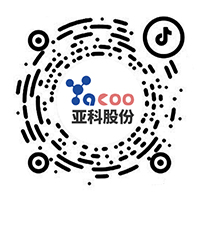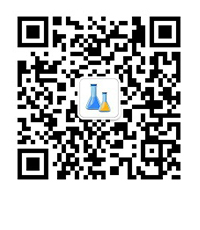Search Product
Structure Search
Search
Advantage Products
Location: Industrial Info
New anti-allergy vaccine peptide-carrier fusion protein can fight against hepatitis B virus!
2016-09-28
来源:转载自第三方
28 September 2016

Recently, researchers from the Institute of Pathophysiology at the Vienna Medical University conducted a study to show that a new type of anti-pollen allergy vaccine, BM32, is likely to be effective in preventing and treating hepatitis B infection. The results of this study have been published in the important journals EBioMedicine.
Hepatitis B is a liver disease caused by hepatitis B virus (HBV) infection and is still the most common health problem in the world. HBV can be detected in approximately 350 million people. HBV itself has no obvious damage to the liver, mainly through the body's immune response causes liver cell damage, infection of the body can stimulate the body to produce a series of antibodies and cellular immune response, if the body's immune response is normal, you can clear the infected virus and cured; if the reaction is not enough to clear the virus, the virus continues to exist, it will become chronic hepatitis B.
Hepatitis B vaccine is a special drug used to prevent hepatitis B. After vaccination, it will stimulate the immune system to produce antibodies, antibodies exist in human body fluids, once the virus invaded, the antibody will immediately function to clear it and prevent infection, to achieve the purpose of prevent hepatitis B infection, while the liver will not be damaged. Vaccination of hepatitis B vaccine is the most effective way to prevent hepatitis B virus infection, the current traditional vaccine generally need to complete three injections within six months. However, for those who have been vaccinated against hepatitis B vaccine, there are still 5% to 10% of people can not produce antibodies, and the vaccine does not protect people from hepatitis B virus damage.
In the treatment, the medication should not be too much miscellaneous, a lot of drugs are detoxification through the liver, excessive medication will increase the burden of the liver, which is not favorable. The current treatment of hepatitis B drugs, including interferon (common interferon, long-acting interferon), nucleotide analogues (lamivudine, adefovir dipivoxil, telbivudine, etc.) and traditional Chinese medicine.
Anti-pollen allergy vaccine, BM32, is developed based on innovative recombinant peptide-vector technology, this technology is researched under the leading of Rudolf Valenta in the Vienna Medical University. Compared with other immunological methods, it only needs less injection dose, while with fewer side effects. In the IIb trial, the researchers found that for those who had not previously been vaccinated hepatitis B vaccine, effective resistance rate is 80% after inoculation of BM32 vaccine. In addition to preventive effects, it may play a role in the clinical treatment of hepatitis B.
Hepatitis B virus infection is still very common, if such a vaccine after the review and clinical research can be listed, is undoubtedly add a powerful guardian for the hepatitis B market, while peptide-carrier fusion protein concept may provide new ideas for the development of hepatitis B immunotherapy, so that people step forward in the way of conquering hepatitis B.
Related links: Adefovir intermediates
Edited by Suzhou Yacoo Science Co., Ltd.
如果涉及转载授权,请联系我们。












